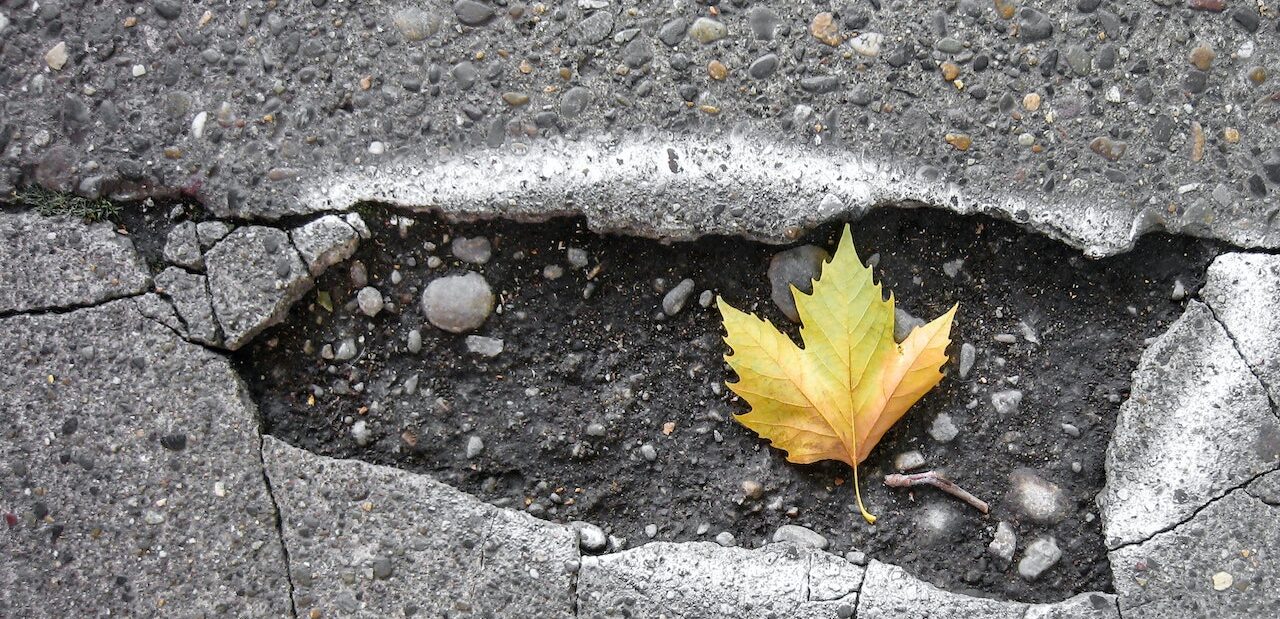I am continually appalled at my level of ignorance and fearful of the potholes it provides for me to fall into.
And yet, there is a shy conviction within me that enables me not to be completely transfixed by the coming headlights of a fast-approaching atheistic society.
There are truths that are worth staking my life on. And the reason I can stake my life on them is because these truths are bigger than me. They are bigger than those I could have cooked up in my mind – and as such, these truths are beyond the tyrannous gravity of ego. They are eternal truths. They are magisterial… and they have stood the test of time.
There is therefore a real sense in which I understand that I am a custodian of something very precious; something lent to me for the brief season I am alive on the planet. And it is in every sense, good.
When modern philosophers tried to dispense with it, they didn’t do very well. The nineteenth century German philosopher, Friedrich Nietzsche, advocated the unfettered expression of personal power, a power untroubled by notions of truth or empathy. He became mad for the last ten years of his life before dying at the age of 55 – probably as a result of syphilis contracted during his sexual escapades.
The French philosopher, Jean-Paul Sartre, similarly trashed the idea of conventional truth and morality, scorning it as bourgeois. His thinking helped give momentum to Marxism’s deconstruction of Western civilization (and Christianity in particular) in the mid twentieth century, so that it could impose it own odious form of dehumanising totalitarianism. In the latter part of his life, Sartre became conflicted and disillusioned.A month before his death, he wrote these words in his journal:
‘… with this wretched gathering which our planet now is, despair returns to tempt me. The idea that there is no purpose, only petty personal ends for which we fight! We make little revolutions, but there is no goal for mankind. One cannot think of such things. They tempt you incessantly; especially if you are old . . . the world seems ugly, bad and without hope. There, that’s the cry of despair of an old man who will die in despair. But that’s exactly what I resist. I know I shall die in hope. But that hope needs a foundation.’
The French 20thcentury philosopher, Paul-Michel Foucault, is being lionised in many of our university’s philosophy departments. Foucault’s philosophy formed the basis for postmodernism and its trashing of all forms of truth. It brought him no joy, however, as Foucault’s mental landscape was characterised by the macabre, sado-masochism, homosexuality and rather distressingly, paedophilia. He often contemplated suicide. His sado-masochistic and homosexual escapades resulted in him dying of AIDs in 1984 at the age of 57.
Foucault was a lost soul who similarly didn’t thrive outside the safety barriers Christianity provided.
I have to wonder if Foucault really does represent the ‘gold standard’ for civilised philosophical discourse worthy of our next generation of societal opinion leaders. His answers to philosophy’s greatest questions of meaning, morality and destiny offer very little that is good, just or true.
No one is getting on without true truth… and no one is getting on very well without God.
So, may I ask? …How are you getting on?


